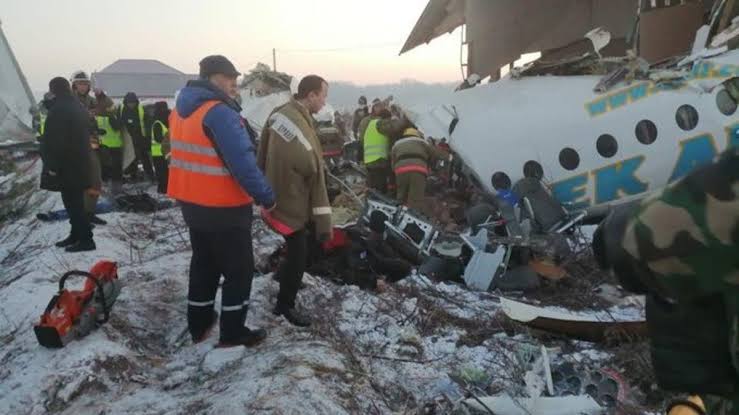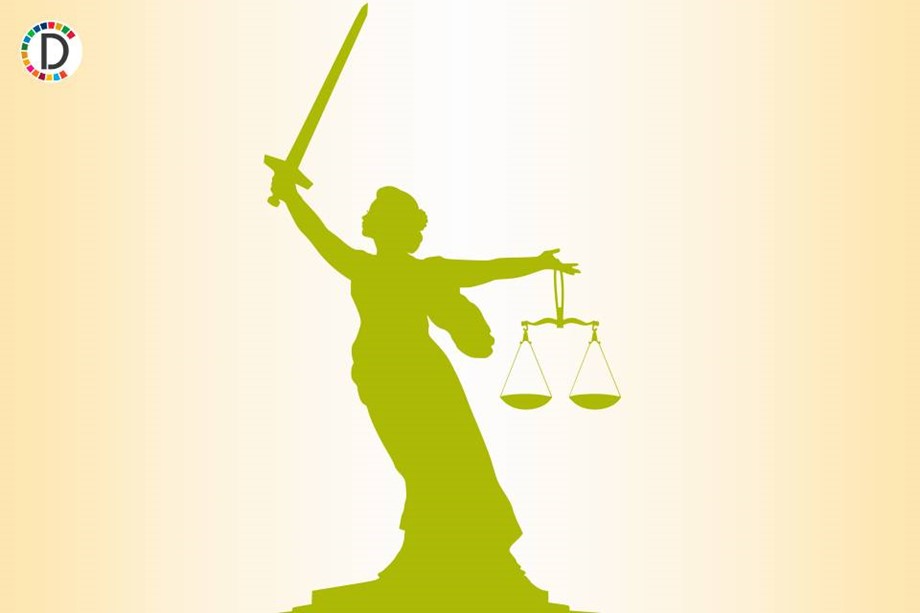Political Turmoil and Hope in Burkina Faso
The West African nation of Burkina Faso is again in the spotlight as the military junta announces significant governmental changes amid ongoing security and political challenges.
Published December 08, 2024 - 00:12am

Image recovered from fr.allafrica.com
The political landscape of Burkina Faso has recently undergone significant upheaval, marking yet another chapter in the country's tumultuous journey. The nation's military leader, Captain Ibrahim Traoré, has dismissed the interim Prime Minister, Apollinaire Joachim Kyelem de Tambela, and dissolved the government without making public any reasons for this bold move. This decision, communicated via presidential decree, adds to the political uncertainty as Burkina Faso grapples with ongoing security concerns.
Kyelem de Tambela had been appointed as Prime Minister after the coup led by Traoré in September 2022. His tenure saw him at the helm of three successive governments, each reshuffled amidst a backdrop of increasing violence and unrest. The dismissal comes as Burkina Faso finds itself in a precarious situation, wrestling with an insurgent threat that has contributed to the displacement of nearly two million people and a humanitarian crisis that continues to escalate.
The Sahel region, encompassing Burkina Faso, Mali, and Niger, is beset by a jihadist rebellion that traces its roots to northern Mali in 2012. The violence has since spread across borders, igniting an inferno that has consumed more than 26,000 lives in Burkina Faso alone since 2015. In response to perceived negligence by Western powers, the junta has pivoted away from historic ties with France, turning instead towards alliances with Russia and other Sahelian states, forming the Alliance of Sahel States (AES).
Relations with France have notably soured, a reality rooted in the nation's colonial past. Unrest has prompted Burkina Faso, alongside Mali and Niger, to sever connections with France, underscoring a strategic realignment towards Russia. This alliance aims to address regional security issues more effectively, relying significantly on Russian military assistance amid a challenging landscape marked by frequent attacks from Al-Kaida and Islamic State affiliates.
Internally, the junta's governance in Burkina Faso has been characterized by frequent criticisms from human rights organizations who point to a growing disregard for civil liberties. Restrictive measures against opposition voices and media outlets have only amplified fears about the direction Ibrahim Traoré's leadership might take the nation. Such measures, coupled with repressive tactics, have raised questions over the integrity and effectiveness of the junta's rule.
The dissolution of the government and the forthcoming appointment of Rimtalba Jean Emmanuel Ouédraogo as the new Prime Minister offers a glimpse of potential realignment within the current regime. As a figure of civilian prominence within the military government, Ouédraogo brings with him experience in communication and media, which may signal a shift in how the junta intends to project its governance and policies moving forward.
Awaiting the formation of a new government, the nation's populace remains hopeful for strategic interventions that could stabilize Burkina Faso's floundering economy and security framework. However, tangible results are necessary to seize upon the possibility of change. Whether Traoré's regime can rise to meet the challenges remains to be seen, but what is certain is the pressing need for solutions that resonate with the daily struggles faced by the Burkinabe people.
As the world watches Burkina Faso straddle a fine line between chaos and hope, the next steps undertaken by Traoré's administration could prove pivotal in determining the nation's trajectory. Echoing through the narratives of the regional and international communities is a call for strategic interventions that will ensure both peace and progress for a nation yearning for stability.







